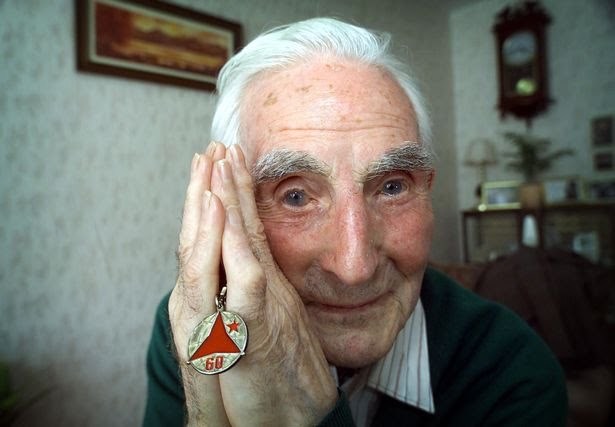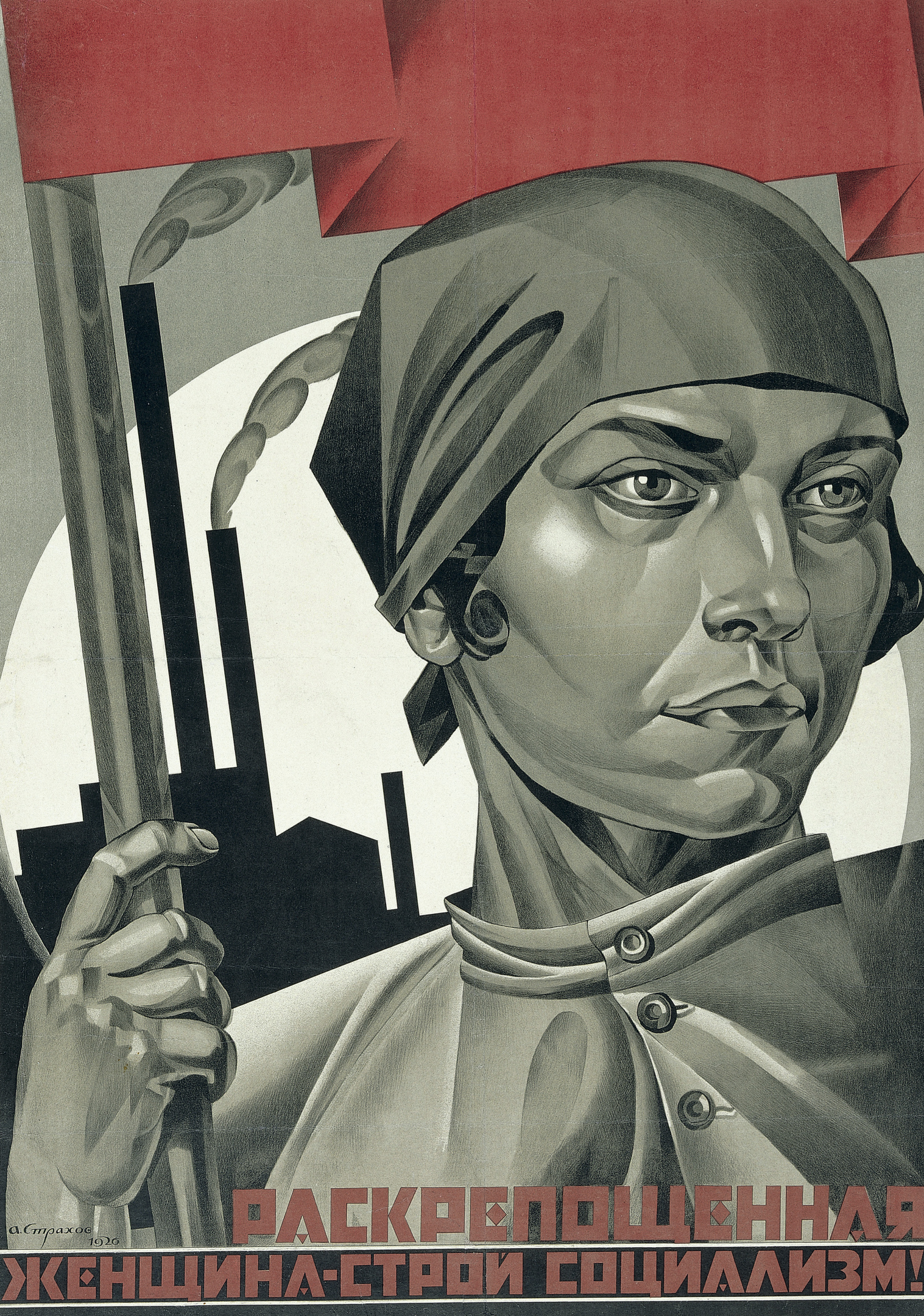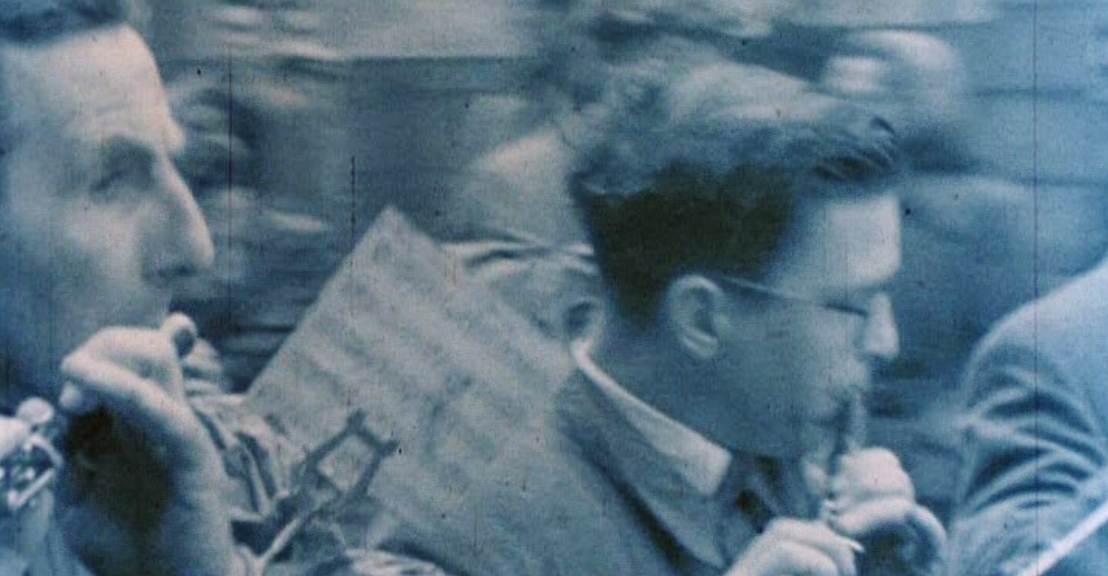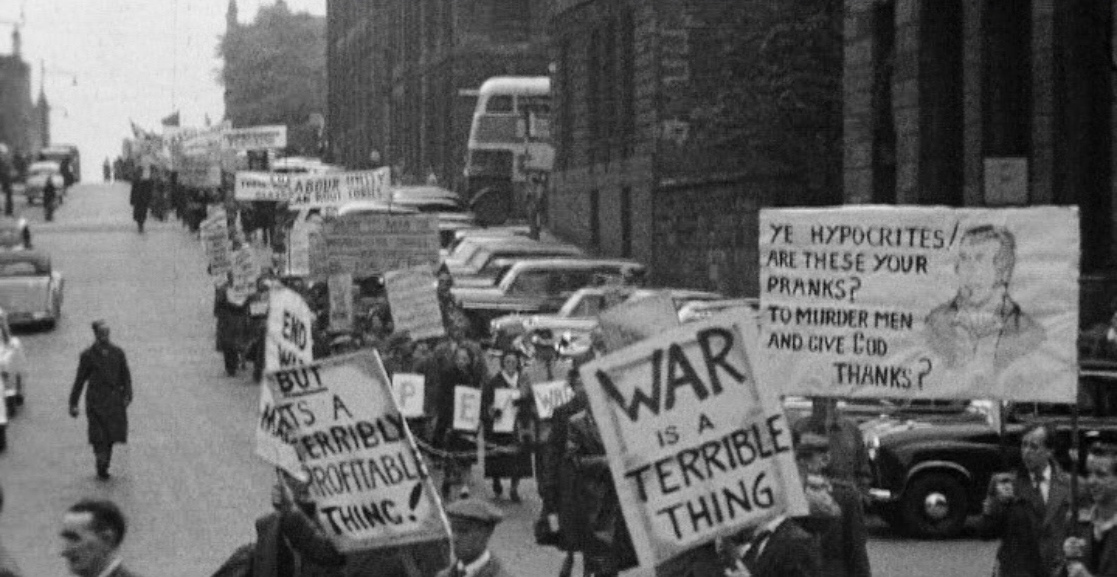
HE had only gone to the gym for a workout, but before he could get his trainers on, Professor Willy Maley was on a trip back in time for a chance encounter with his late father as a young, musical communist.
A friend of his late father James had come up to him at the Kelvin Hall in Glasgow with a mysterious message.
Willy, 56, said: “I met Eddie Graham, a former RMT union member and Communist Party member from the Gorbals who knew my dad 50 years ago.
“He said he had a surprise for me, and led me down to one of the screens at the Kelvin Hall, where the Moving Image Archive is.”
When the black and white video of Glasgow from the 1950’s entitled Daily Workers Outing played out, Willy was astonished by what he saw.
He said: “There was a short clip of my father playing the flute, reading music as he went.”
Willy, who teaches literature at the University of Glasgow, had had no idea his father, who died in 2007 aged 99, had ever been a member of the Communist Party’s flute band.
He said: “I knew he had played flute with the Ancient Order of Hibernians in the 1930s, but not after. The film dated from 1951.
“Here was footage of him from a time when we didn’t know much about his life and activities.
“I discovered things I didn’t know purely by chance, as Graham had just seen it, spotted my father, then bumped into me. But it shows why the archive is so important.” The experience in the viewing room at the Kelvin Hall’s Moving Image Archive was the second such encounter for Willy, whose play From The Calton to Catalonia was based on James’ experience of fighting Franco with the International Brigades in the Spanish Civil War.
“A year before, I’d come across a 30-second clip of my father in Spain. These two clips have ghosted up out of the blue after all these years,” he said.
James was captured by Franco’s forces at the Battle of Jarama, taken by Moors who tied prisoners’ thumbs with wire, then took them to prison, before they were released as part of a prisoner exchange.
Growing up in Possilpark in the north of Glasgow, the seventh of nine children, Willy was exposed to his father’s political ideology from a young age, and even leafleted for the Communist Party as a schoolboy.
He said: “When my dad was growing up in the 1920s, there was a real ferment of politically activated poor people.
“He was of a generation that saw tanks on George Square in the 1930s and the General Strike and these were shaping events for him. Growing up in the 1960s things were different, but we had access to the library of Lenin, Marx, Engels, Trotsky, Stalin. All the old left books were there on the shelf and I remember picking one up when I was 15 and thinking, ‘What a burden to have on your shoulders when you have to start the revolution.’
“But times had changed dramatically.
“The days when my father could take his wee box to Glasgow Green to stand and speak were gone, and by the 1980s and Perestroika, the Berlin Wall and the collapse of the Soviet Union, even the word ‘communist’ had a taint to it.
“But those values helped shape my notion of right and wrong, class and equality. I remember watching a programme about ‘poverty.’ When I looked out the window I realised this was how we lived.”
James remained true to radical leftism for his entire life, and Willy recalls watching a documentary about Stalin with his father when he was in his 70s.
“As the credits rolled, my father, who had said nothing while watching, said, ‘Ach well, poor old Stalin’.
“Many of that generation of 1930s self-taught working class communists believed that one day there’d be a revolution.”
Yet even with the detailed knowledge of his father’s politics, activism and beliefs, Willy is still learning about him a decade after he died.
He said: “We look through old photographs as part of the grieving process and we love it when someone finds a photo we haven’t seen.
“That’s what it was like seeing this footage of my father playing the flute as a 43-year-old.
“It has a real ‘moment in time’ feel to it.”

Enjoy the convenience of having The Sunday Post delivered as a digital ePaper straight to your smartphone, tablet or computer.
Subscribe for only £5.49 a month and enjoy all the benefits of the printed paper as a digital replica.
Subscribe

